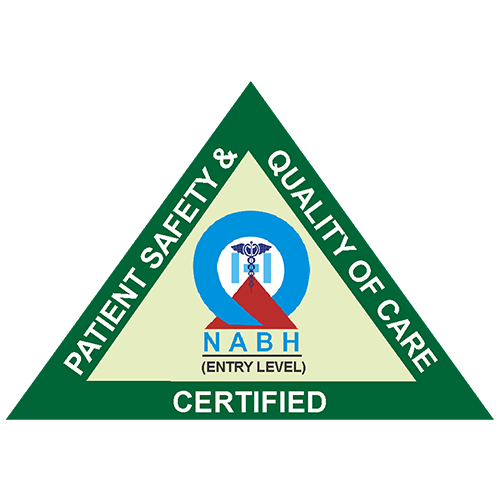Introduction:
Urinary Tract Infections (UTIs) are common bacterial infections that can affect anyone, regardless of age or gender. They occur when harmful bacteria enter the urinary tract, leading to discomfort and potential complications if left untreated. Recognizing the early signs of a UTI is crucial for timely diagnosis and effective management. In this blog, we will explore the starting signs of UTIs, empowering you to take proactive steps towards your urinary health.
Frequent and Urgent Urination:
One of the first signs of a UTI is an increased frequency of urination. You may find yourself making more trips to the bathroom than usual, even if your fluid intake hasn’t changed. The urge to urinate may also be sudden and intense, often leading to discomfort or a feeling of pressure in the bladder.
Pain or Burning Sensation:
A common symptom of UTIs is a burning sensation or pain during urination, known as dysuria. This discomfort occurs due to the irritation caused by the infection in the urinary tract. The intensity of the pain can vary from mild to severe, and it may persist even after urination.
Cloudy or Strong-Smelling Urine:
If you notice changes in the appearance or odor of your urine, it could be a sign of a UTI. Infected urine often appears cloudy, indicating the presence of bacteria or pus. Additionally, UTIs can cause urine to have a strong, unpleasant odor that is different from your usual urine scent.
Blood in the Urine:
Hematuria, or the presence of blood in the urine, is another possible indicator of a UTI. While not all UTIs result in visible blood, it can be a concerning sign. If you notice pink, red, or brownish discoloration in your urine, it is essential to seek medical attention promptly.
Lower Abdominal or Pelvic Pain:
UTIs can cause discomfort or pain in the lower abdomen or pelvic region. This pain may range from a mild ache to sharp, cramp-like sensations. It is important not to ignore persistent pain, as it can indicate an underlying infection that needs to be addressed.
Fatigue and General Malaise:
In some cases, UTIs may cause non-specific symptoms like fatigue, general malaise, or a feeling of unwellness. These symptoms often arise when the infection spreads to the kidneys, leading to a condition called pyelonephritis. If you experience these symptoms alongside urinary discomfort, seeking medical attention is crucial.
Fever and Chills:
In certain cases, UTIs can cause a low-grade fever accompanied by chills. This indicates that the infection may have spread to the kidneys or other parts of the urinary system. If you have a persistent fever along with urinary symptoms, it is important to consult a healthcare professional.
Discomfort in the Lower Back or Sides:
UTIs that have progressed to the kidneys can cause pain in the lower back or sides. This discomfort is often experienced as a dull ache and may be accompanied by tenderness upon touching the affected area. It is crucial not to ignore this symptom, as it could indicate a more severe infection.
Nausea and Vomiting:
In some cases, UTIs can lead to nausea and vomiting. These symptoms can occur due to the body’s immune response to the infection or as a result of the infection spreading to the kidneys. If you experience persistent nausea or vomiting along with urinary symptoms, it is important to seek medical attention.
Urinary Incontinence:
Unintentional leakage of urine, known as urinary incontinence, can sometimes be a sign of a UTI. This occurs when the infection irritates the bladder, leading to a loss of control over urination. If you notice an increase in urinary incontinence episodes along with other urinary symptoms, it is advisable to consult a healthcare professional.
Painful Sexual Intercourse:
For some individuals, a UTI can cause pain or discomfort during sexual intercourse. The infection can irritate the urinary tract and surrounding tissues, leading to discomfort or a burning sensation during intimacy. If you experience pain during sexual activity alongside urinary symptoms, it is important to seek medical advice.
Conclusion:
Recognizing the early signs of a urinary tract infection can empower you to seek timely medical intervention and prevent the progression of the infection. If you experience any of the aforementioned symptoms or suspect a UTI, it is important to consult a healthcare professional for proper diagnosis and treatment. Remember, early detection and appropriate management are key to maintaining optimal urinary health and overall well-being.



